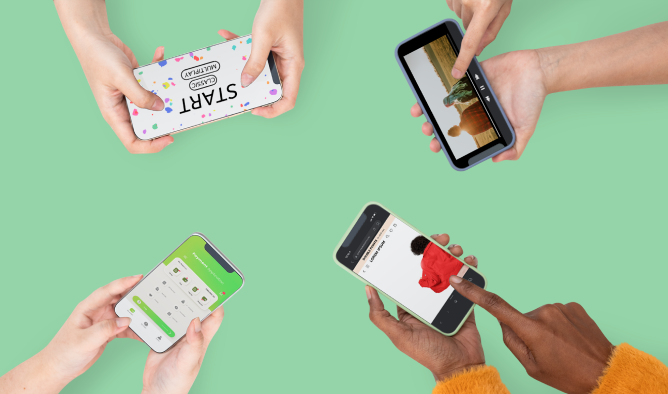Project based Learning
Home » Project-based learning
As the name suggests, Project-based learning is a guided experience of learning through a project that solves a real-world need. In this context, indeed, the term “project” refers to a collaborative, multi-step experience that can span days, weeks, or even months, in which participants research an authentic question or problem and design an authentic output to show their findings.
Read on to explore the ins and outs of a project-based framework and how it can be applied with adult learners too.
Many paths to get to the destination
Everyone has different learning preferences, and one is not inherently better than the other. The project-based learning (PBL) model gives an equitable opportunity for every learner to design their personalized path for how to get to a desired outcome.
Knowledge-based standards and content are woven organically into a central project, and learners may encounter them in different ways and at different times throughout the project. If, for example, an objective is to develop a soft skill like effective communication, someone may be working on writing down their ideas clearly, while another participant is communicating with stakeholders in their part of the project. Learning in this way supports independent, self-directed learners.
 TO SUM IT UP
TO SUM IT UPThe project-based learning (PBL) model gives an equitable opportunity for every learner to design their personalized path for how to get to a desired outcome.
How to go about it
Let’s see how to construct a PBL experience one step at a time (and with examples). Please note: The precise names and number of steps may appear differently in different sources.
Phase 1: Preparation
- This is the time for the facilitator and participants to discuss what project-based learning is, the steps of the process, and decide what it can be used for in the specific organizational context.
The example: Your company needs to implement a new remote work policy, and the HR team is in charge. Let’s put project-based learning to the test.
Phase 2: Launch
We start with an essential question: This will be the guiding focus of the project. Let’s begin to ask some questions about the issue at hand, until we get to the one that will guide our project. For example – “How can our global team be supported effectively?” A more in-depth strategy for arriving at an essential question is fantastically shown in the challenge-based learning framework, which presents another way to organize an inquiry-driven experience.
Set up a project plan: Think – resources, activities, and a schedule of events. In our HR example, let’s put together all of the existing information about the company work policy, information about employee whereabouts, and so on. Could the project involve some employee surveys about work preferences? Let’s set some benchmarks and a timeline for the project.
Phase 3: Inquiry
This is the research phase! The idea of sustained inquiry is often used in PBL experience design to refer to a project that may stretch over some time and create genuine interest and rigorous research.
Collaborative work is highly encouraged, as well as contacting internal stakeholders, people whom the project will affect, and external experts. In our HR example, employees may be researching best remote work practices for collaboration, management, and support, considering business and employee needs, and plotting a solution.
Phase 4: Development
Now, participants begin to set the plan in motion – drafting, sketching, re-drafting. The idea of voice and choice is tangible at this phase. Participants choose, tweak, and define their own strategy for getting to the outcome. Feedback throughout the process helps set guardrails and provides valuable input. And the outcome is the –
Phase 5: Presentation
- Present: As the awaited apex of the experience, teams share their findings. Ta-da! A new remote-work policy proposal is ready for review.
- Assess: Formal feedback at this stage is required to decide where revisions may be needed and how to go forth.
- Evaluate the experience at the end! What worked well, what could be improved, what was enjoyable, what wasn’t?
How to spark PBL on WeSchool
The WeSchool platform can be used to set up an interactive digital space for sharing ideas in a fully digital or blended project-based learning environment. How?
-
 Use the Modules space to upload onboarding materials for the project
Use the Modules space to upload onboarding materials for the project -
 Create a Group for facilitators and participants
Create a Group for facilitators and participants -
 Have participants upload, share, and discuss their ongoing research
Have participants upload, share, and discuss their ongoing research -
 Facilitate Live interactions, which you can schedule with our Calendar feature, and use the Board for brainstorming
Facilitate Live interactions, which you can schedule with our Calendar feature, and use the Board for brainstorming -
 Provide feedback anytime and from anywhere, using The Chat for each individual activity and The Wall for group announcements
Provide feedback anytime and from anywhere, using The Chat for each individual activity and The Wall for group announcements
TL;DR: The case for PBL
A common worry about project-based learning is its time-consuming nature and more challenging set-up than the more traditional consume-to-learn methods (e.g. reading or watching information).
In a final attempt to sway any skeptics, a project-based learning experience will result in a concrete product that could help the organization, while in the process your employees have gained the skills they would have otherwise only dreamt (ok and maybe read) about.
Jump right back in
Ready to introduce project-based learning using WeSchool’s platform?








